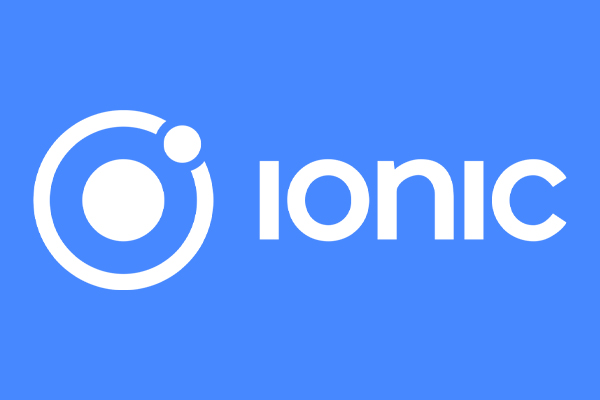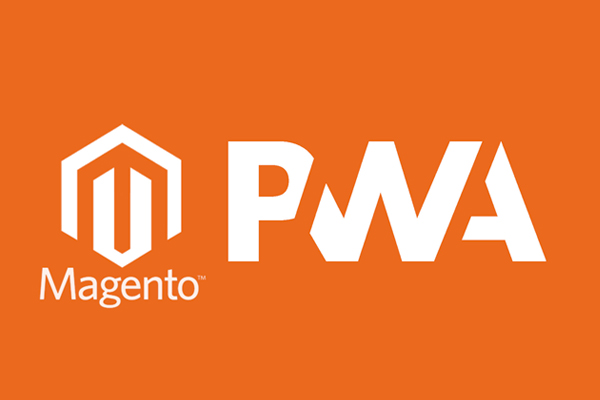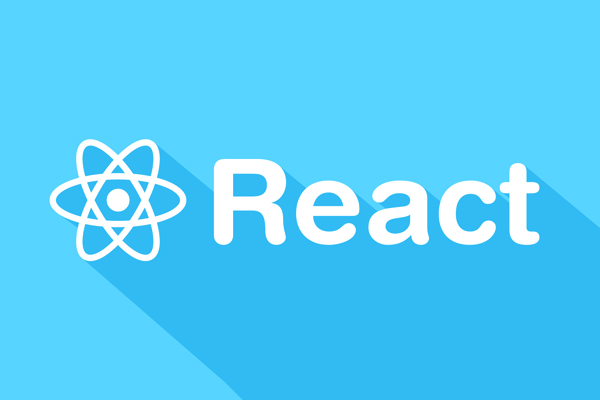The ability to use from the home screen is one of the key advantages of progressive web applications over native ones. Progressive Web Apps were introduced in 2015 and the concept was an immediate success. Programming frameworks and community help grew so rapidly and by early 2021, there are many PWAs on the internet and many more are well developed as we speak.
There few things that distinguish a PWA from a native website,
- Secure contexts (HTTPS)
- Service workers API (a JS script that works on browser background and enables caching and push-notifications on mobile)
- A web manifest that provides details about an app such as author, name, icon, and other UX and UI information.
A progressive web app provides offline usability, cross-platform compatibility, speed, and security as well. These helped this new technology to take UX to the next level. PWAs owe their success to different progressive web app development frameworks that one can use to build a progressive web app without any hassle. Developers have two options when it comes to progressive app development: they can create a PWA from the scratch using frameworks like React.js, Vue.js, Angular.js, or they can use various dev tools and simplify the whole process. The choice they make will affect neither appearance nor behavior of the app.
Let’s delve into progressive web app frameworks, as well as dev tools,
Frameworks and developer tools that can be used to develop progressive web apps.
1. Angular
Angular is a framework developed by Google. It is a JavaScript framework that allows developers to maintain the infrastructure of a website with ease. The most attractive features are the ongoing support by google, faster application development, better plug & play components, and wide use of functionalities.
But not all versions of angular are suitable for PWA development. Angular 5 became the first version of this framework that supports PWAs due to service workers embedded and the dedicated script allowing to create a JSON configuration for creating a PWA.
However, Angular.js cannot be considered as user-friendly. With its steep learning curve and multiple options to complete a task, it is a bit harder for developers to grab the full use of this framework. For this reason, this framework requires expert knowledge in coding and typescript, which is a superset of JavaScript. This framework is great for building single-page progressive web apps.
2. Ionic

Ionic is an open-source SDK that uses Angular components and Apache Cordova. It is suitable both for cross-platform mobile applications and progressive web applications. Since WebView renders web pages inside the device’s browser, it gives websites the appearance of native applications.
Ionic has a short learning curve. It allows Angular or React developers to use this PWA framework for building applications without any hassle. Ionic offers a library of over 250 pre-built routing, UI components, unit tests, and modules for adding native functionality to PWA projects.
However, Ionic performance is the downside this framework has. Since it renders graphic elements via the browser, this can drastically defer the moment an image shows on the screen. This is vital when building a media-heavy app.
3. Magneto PWA studio

This is a tool that is used by many mobile app development services. Tailored to Magento 2, the PWA Studio is a toolkit designed to provide ease in building PWA Storefronts on top of M2 e-commerce websites. The good news about this toolkit is that it is in line with its base platform, which means it follows a similar release pattern. So updates and architectural releases are always in line with its base platform.
4. React js

React.js is one of the leading competitors of Angular.js which is developed by Facebook. Both of these frameworks are similar in many aspects. They both have an almost similar architecture, they both are based on JavaScript, and there is a big debate on whether to use a front-end framework from Google or from Facebook.
Unlike Angular.js, React is not a PWA framework but an open-source JavaScript library that is developed for building dynamic user interfaces. Because of this reason, React requires multiple integrations with additional tools in order to build a progressive web app which not like Angular where developers already have everything they need.
React.js offers a fast rendering process because of its virtual DOM, it has a huge developer community with ongoing support from Facebook. The create-react-app package assists developers in reducing the hassle of setting up and configuring the apps and which helps them to build out Progressive Web Apps at a faster pace.
5. Lighthouse

Once you are done with building your PWA, you want to measure important benchmarks like its performance, SEO, and accessibility. Google provides an exceptional analytic tool called Lighthouse for this purpose. It has a set of metrics that can be used to test the application and help you in creating PWAs with an addictive app-like experience for your visitors. The tool reduces the need to carry out manual testing to ensure your PWA is well-performing. Lighthouse gives developers the opportunity to enter a URL and let the lighthouse perform a series of tests and generate a report which will help developers to debug the PWA and see if it is performing up to their expectations. These are very useful to improve and maintain your PWA. Lighthouse can be run via command line as a node module or it can be run as a chrome extension or even in the chrome dev tools.
Suggested: Top 10 Tips for Effective Web Design and Development
The last word
To stay competitive in modern market conditions, companies have to adapt to cutting-edge technologies. An increasing number of large and middle-sized mobile app development companies adopt progressive web app methodology to provide their users with a fast and better user experience. Many businesses are getting rid of their old websites and replacing them with PWAs. What seemed to be impossible is no longer a dream. Progressive web applications are here to stay for a long time. Progressive web apps run in a web browser but it delivers a native app-like experience. If you are a mobile app development company or a mobile app development service provider or even a web designer or a developer, it’s worth your attention since PWA will be the next big thing in the market.
Source link








Leave a Reply